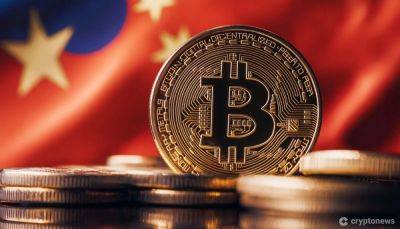Unswap CEO Debunks Allegations Over Deployment Costs
Hassan, a Cryptonews.com journalist with 6+ years of experience in Web3 journalism, brings deep knowledge across Crypto, Web3 Gaming, NFTs, and Play-to-Earn sectors. His work has appeared in...
A recent controversy surrounding Uniswap’s deployment costs erupted on Twitter, where allegations were made against Uniswap’s financial dealings with Layer 2 (L2) platforms.
The dispute began when a Twitter user questioned why Uniswap, a leading decentralized exchange, hasn’t expanded more aggressively into L2 networks. The conversation quickly spiraled into claims of Uniswap receiving substantial payments for deploying on L2s, particularly with Celo, which allegedly provided $10 million to Uniswap and another $10 million in user incentives.
Uniswap’s CEO, Hayden Adams, publicly refuted these claims, clarifying that neither Uniswap Labs nor the Uniswap Foundation have ever charged for protocol deployments.
The controversy began with a simple question posed by a Twitter user: “Why doesn’t Uniswap deploy to more L2s? Costs them nothing.” This inquiry sparked a broader debate about the motivations behind Uniswap’s deployment strategy.
Why doesn't Uniswap deploy to more L2s? Costs them nothing
Another user implied that Uniswap should charge for such expansions, hinting at the financial opportunities available from L2 platforms eager for high-profile integrations.
The conversation intensified when a third participant claimed that Celo had provided Uniswap with $10 million, specifically to facilitate deployment on its L2. Furthermore, an additional $10 million was purportedly allocated for user incentives related to trading carbon credits.
Was $10m to uniswap and an extra $10m in user incentives focused on trading carbon credits
These
Read more on cryptonews.com




















